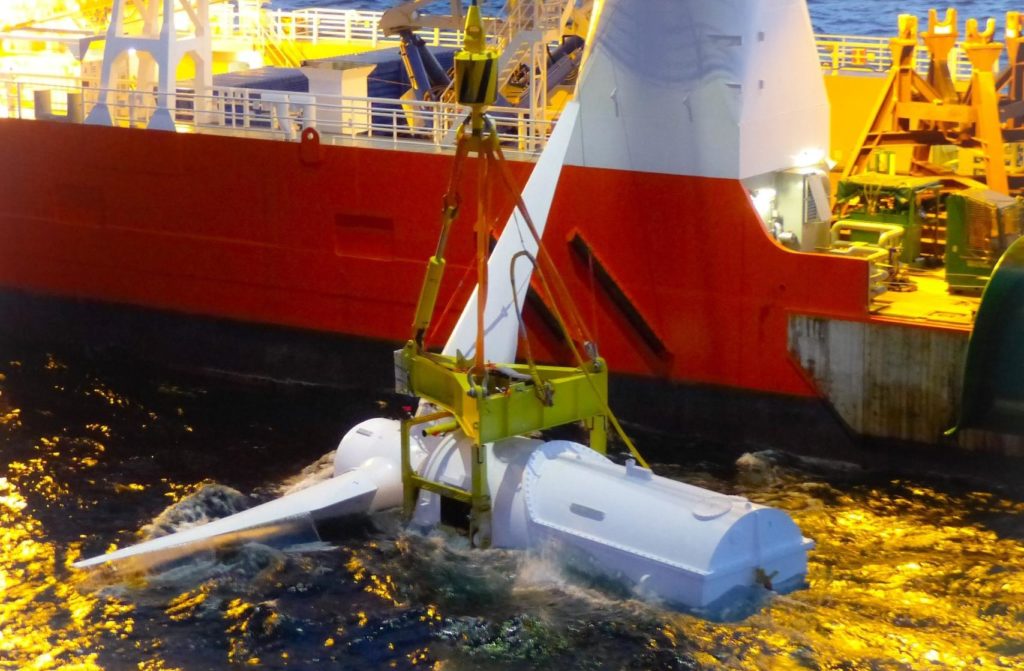
Last month, the Scottish Government revived a £10 million prize fund to boost commercial prospects for tidal energy in Scotland.
As many of you know, this is not the first appeal of its kind. In 2008, the Saltire Prize – aimed at both wave and tidal technologies – was created but no one claimed the £10m funding before the deadline passed in June 2017.
Recent advances in tidal technologies have sparked fresh investor interest in the sector.
The prize has now been reshaped to focus solely on tidal technologies under the banner of the Saltire Tidal Energy Challenge Fund.
The industry has made huge strides in the past few years and government backing will hopefully move this progress one step further towards full commercialisation.
Projects which are successful in gaining funding must be deployed in Scottish waters no later than March 2020 and there is a sense of real optimism that applications will be successful this time. Many companies are already working to develop tidal energy projects in Scotland.
Simec Atlantis, the operator of the world’s largest tidal stream power project, MeyGen, is at the forefront of the development of the marine energy industry in Europe and recently announced that the tidal array had exported more than 12 gigawatts (GW) of energy to the Scottish grid – a new record.
Nova Innovation is also working on a 20million euros project to expand its Bluemull Sound array in Shetland to six turbines.
Although more needs to be done to progress development in the wave industry, the Scottish Government has also proposed investing a further £10m in Wave Energy Scotland (WES) by 2020.
Blue Energy, which embraces wave, tidal and floating wind power, is seen as key to realising Europe’s energy transition goals with the potential to meet 10% of the EU’s power demand by 2050.
As a partner of the Europe Leading Blue Energy project, our aim is to forge business collaboration and innovation and identify new opportunities in global markets for floating offshore windfarms, wave and tidal for the European energy supply chain.
The partners – AREG, Flanders’ Maritime Cluster (Belgium), Offshorevast (Sweden), Offshoreenergy.dk (Denmark) and the Basque Energy Cluster in Spain – represent 532 organisations, 17 Blue Energy test and demonstration centres, 24 wave energy developers, seven tidal developers and seven floating offshore wind developers.
We recently visited Belgium to hear more details about getting to market in Blue Energy where topics included growth markets around the world, technical standards, small scale applications and integration in multi-use platforms. Our hope is that Scotland and
Europe will become world technological and industrial leaders in Blue Energy. It is crucial these sectors are supported.
Jean Morrison is chairman of AREG.
Recommended for you
